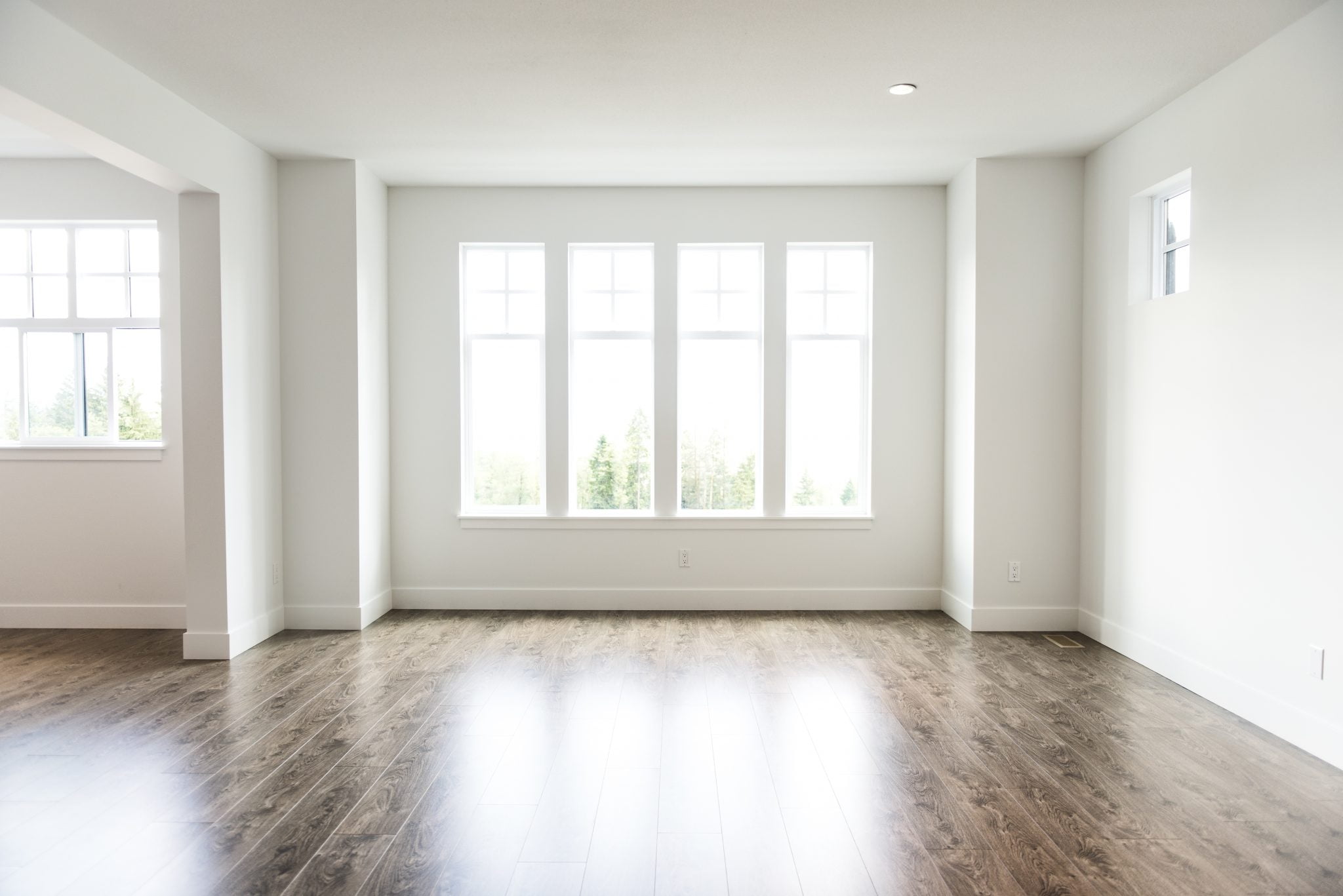Let’s expect you agreed to complete a residence sale transaction on Friday; however, determined to get a head start by shifting your objects out a few days or so earlier.
It’s no longer usually something to adapt gently because things can go wrong right up to the final seconds of legal ‘crowning glory’ – so do speak subjects absolutely together with your solicitor and take their recommendation. Even so, this is a long way from the unknown and can sometimes make feel for logistical motives if you and your customers have agreed so.
If you do go ahead on this basis, there are three REALLY vital matters to don’t forget even though: even though you’ve moved out, the belongings are still legally yours, and YOU are chargeable for preserving insurance on it right up until the very last of entirety;
given how appealing unoccupied properties are to thieves, vandals, and squatters, you could want to take unique precautions to hold it relaxed till the new proprietors take possession; you could want to shut off a few software services.

On the first factor, you will likely find that your current home’s insurance will preserve to cool your home while it’s unoccupied; however, best as much as a specific range of consecutive days (typically 30-forty five). That’s excellent for a regular vacation, and it shouldn’t be a hassle in this context of a few days even as changing proprietors; however, take a look at your coverage besides to be sure. Be clear that your policy does not have special situations referring to ’empty’ (i.E. Unfurnished) versus unoccupied but supplied. That can occur once in a while.
As to the second factor, burglars select unoccupied homes. There’s some distance much less hazard of them being located, and even in case you’ve emptied the assets, they’ll discover something to scouse borrow. Vandals will enter empty belongings to destroy and spoil things because they suppose it is ‘a a laugh’ and squatters, even though much less of a problem in recent times than previously, can accomplish that to make some form of political point.
Your coverage would possibly nation positive minimal additional safety provisions you’ll be anticipated to make in situations wherein you’re emptying your property. You’ll want to check your coverage to make sure of the specifics; however, anticipate comments in regions along with using additional bolts and deadlocks, ensuring that light or two is left on a timer switch, ensuring curtains and blinds are not removed from home windows. It’s possible you can find a few proper empty assets safety recommendations online, or in a few cases, your movers can also be able to offer some recommendations. Your coverage may also specify that while your house is unoccupied, you have to take positive steps to shut off water and fuel. That’s due to the fact (e.G.) a leak you would possibly observe while residing there will go disregarded if your home’s empty.
Related Articles :
- Police to jot down to government in search of rebate in assets tax dues
- Rainwater damages assets in Surankote, humans hold protest
- How to Seamlessly Integrate Your SEO and CRO Efforts
- Should Australians Still Invest Properties in the United States?
- Comparing the Widows Mobile and Android Development Platform
Why might insurers stipulate such conditions?
Well, it is because the unlucky reality of the problem is that your own home is commonly at lots higher hazard of those varieties of problems whilst you’re no longer dwelling there. Insurers realize that and might want to see you lowering your dangers as plenty as feasible. It’s well worth checking these things, and don’t just ignore them. That’s because if a hassle arises on your own home in between you transferring out and the new owners moving in, you may find it turns into ‘tricky’ with a claim except you’ve fully complied with the policy’s situations relating to ‘in transit cowl.















